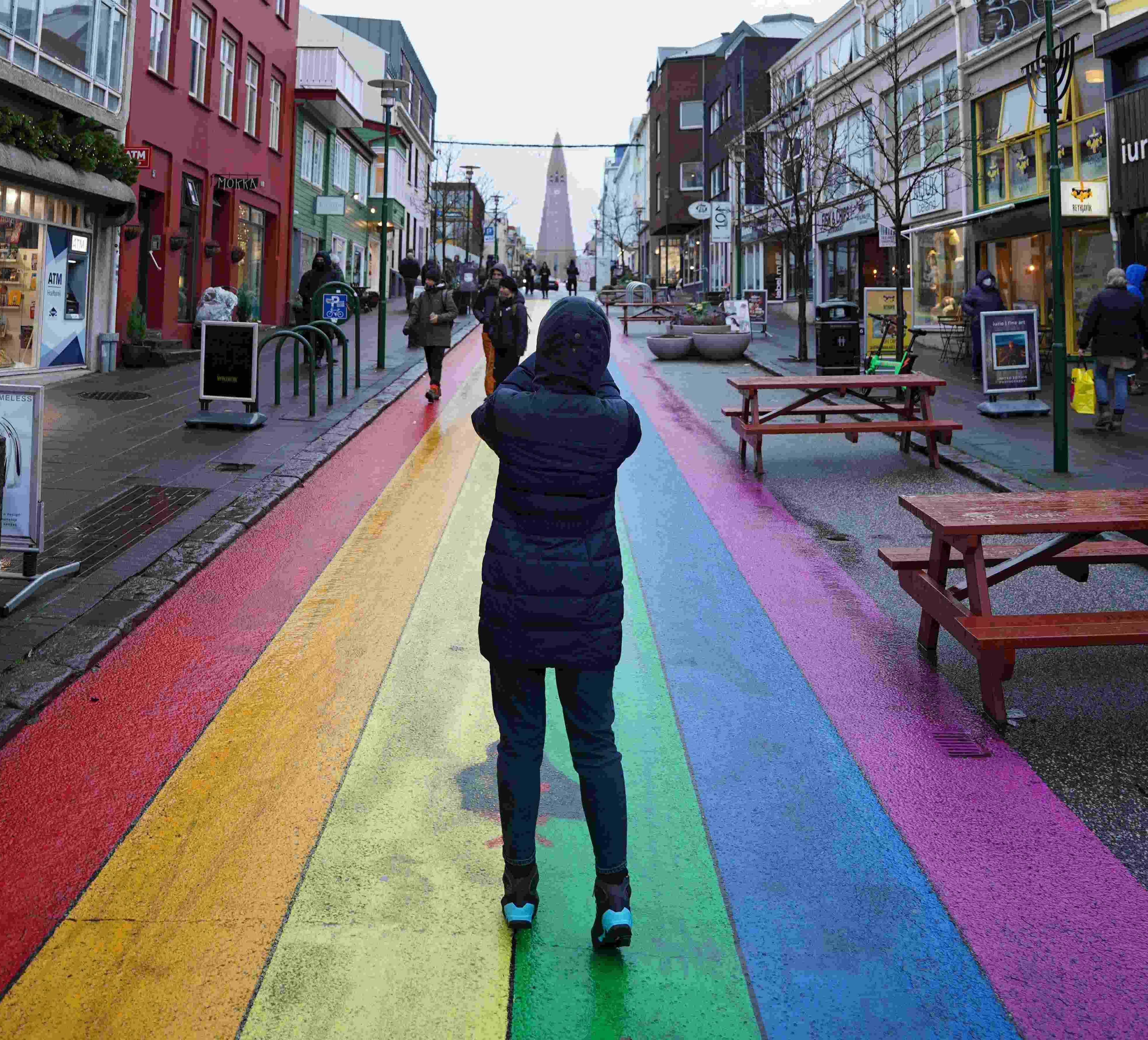
The International Day for Tolerance 2025

The International Day for Tolerance 2025: Promoting Respect and Understanding Worldwide
Observed annually on November 16, the International Day for Tolerance was declared by UNESCO in 1995 to raise public awareness about the dangers of intolerance and to promote understanding and respect among diverse cultures and communities. The day encourages global dialogue and cooperation to foster tolerance, human rights, and peace.
Origins and Background
The International Day for Tolerance was established by UNESCO to emphasize the value of tolerance as a fundamental principle for building peaceful and inclusive societies. It was created to counter intolerance, discrimination, and violence by promoting mutual understanding and respect across cultures, religions, and nationalities.
Annual Events and Activities
Each year, the day is marked with various events, such as conferences, festivals, and educational programs that encourage tolerance and dialogue. One example is the “Universal Tolerance Cartoon Festival” held in Drammen, Norway, which uses art as a medium to promote tolerance. In Bangladesh, the day is recognized with the Peace Summit organized by Preneur Lab and the EMK Center, discussing pressing issues like online safety, fake news, and the importance of peace.
UNESCO also awards the biennial UNESCO-Madanjeet Singh Prize for the Promotion of Tolerance and Non-Violence, honoring individuals or institutions contributing to the advancement of tolerance and non-violence worldwide.
Connection to the Sustainable Development Goals
The International Day for Tolerance aligns with several Sustainable Development Goals (SDGs), highlighting the importance of tolerance in creating peaceful and inclusive societies:
SDG 4: Quality Education – Promoting inclusive and equitable education that fosters a culture of peace, tolerance, and understanding among people.
SDG 10: Reduced Inequalities – Reducing inequality within and among countries by addressing issues of discrimination, exclusion, and promoting social inclusion for all.
SDG 16: Peace, Justice, and Strong Institutions – Promoting peaceful, inclusive societies, ensuring equal access to justice, and building effective and accountable institutions.
Building a Culture of Tolerance and Peace
The International Day for Tolerance encourages global communities to reflect on how tolerance can lead to a more peaceful and equitable world. By fostering open dialogue, cultural respect, and education, the day aims to counter intolerance and promote understanding among diverse groups.
How to Participate in the International Day for Tolerance 2025
On November 16, 2025, everyone is encouraged to take part in activities that promote tolerance and respect. Whether through educational events, cultural performances, discussions, or social media campaigns, the day provides an opportunity to promote peace, respect, and cultural acceptance.
International Day for Tolerance Themes
| Year | Theme | Description |
|---|---|---|
| 2019 | Islam: Year of Tolerance | Proclaimed by the UAE, the theme highlighted the importance of human communication and fostering a more tolerant society through dialogue, education, and inclusion. |
| 2020 | Tolerance is Respect, Acceptance, and Appreciation | Focused on promoting the rich diversity of cultures and emphasizing the need for active engagement, education, and social cohesion to build tolerance worldwide. |
| 2021 | Importance of Promoting Tolerance in Communities in Times of Crisis | Highlighted the role of tolerance in fostering peace during crises, with events such as roundtables and discussions on best practices for inclusion and cooperation. |
| 2023 | Embracing Diversity Through Education, Dialogue, and Mutual Understanding | Emphasized the active role of tolerance, education, and inclusive practices in respecting diverse cultures and perspectives, aligned with UNESCO's Declaration of Principles on Tolerance. |
| 2024 | Promoting Respect and Understanding Worldwide | Aims to raise awareness about the dangers of intolerance and foster mutual respect among cultures, religions, and nationalities globally. |
